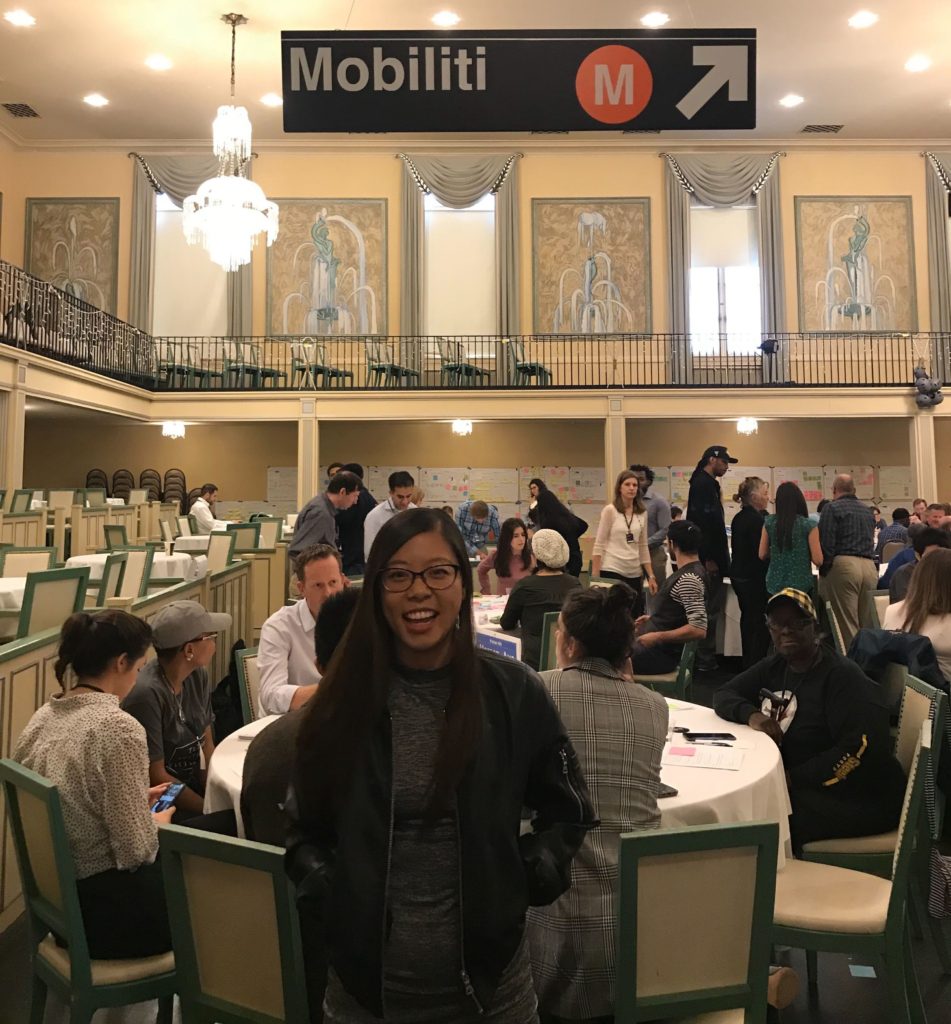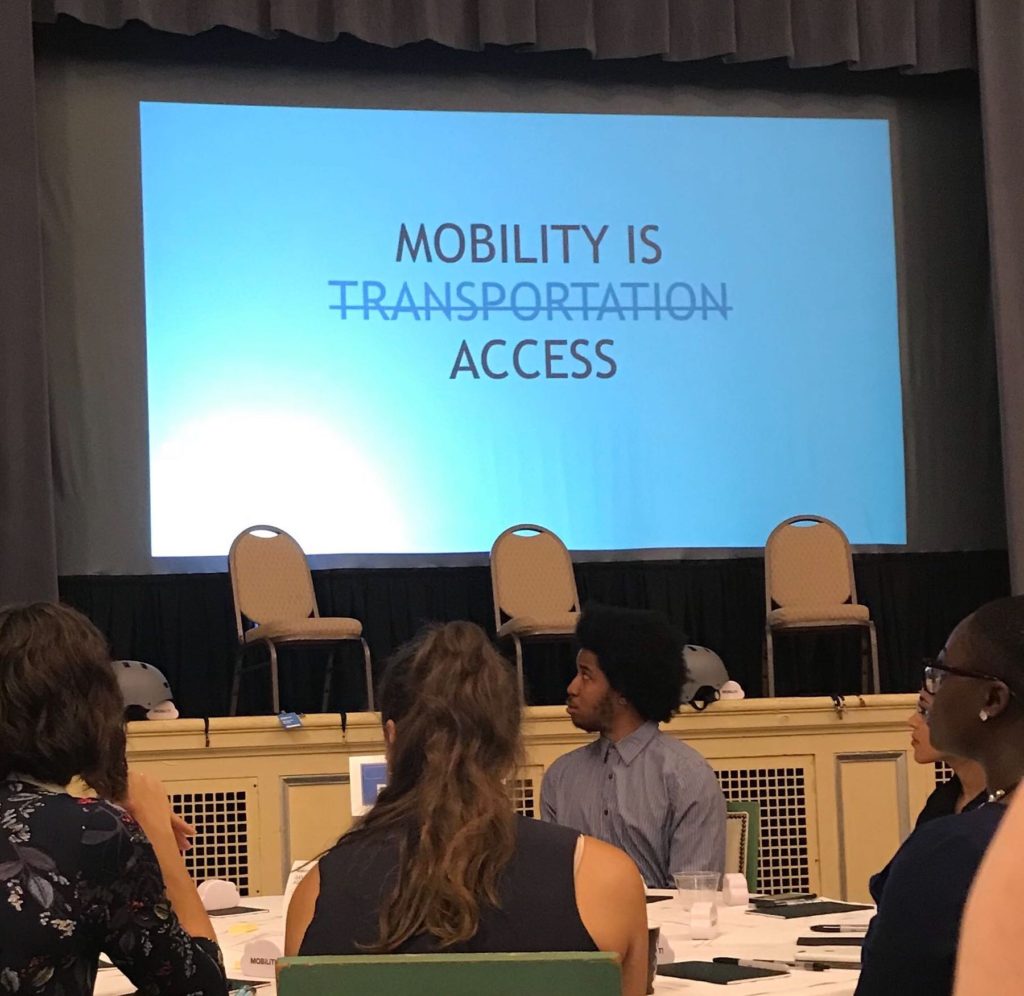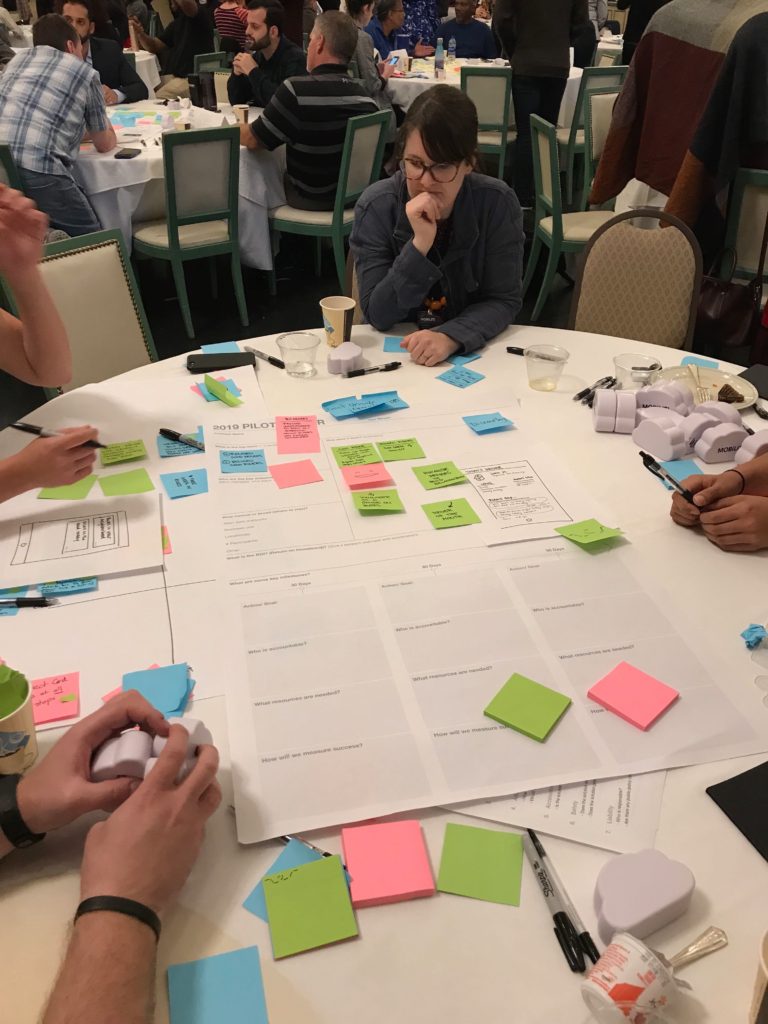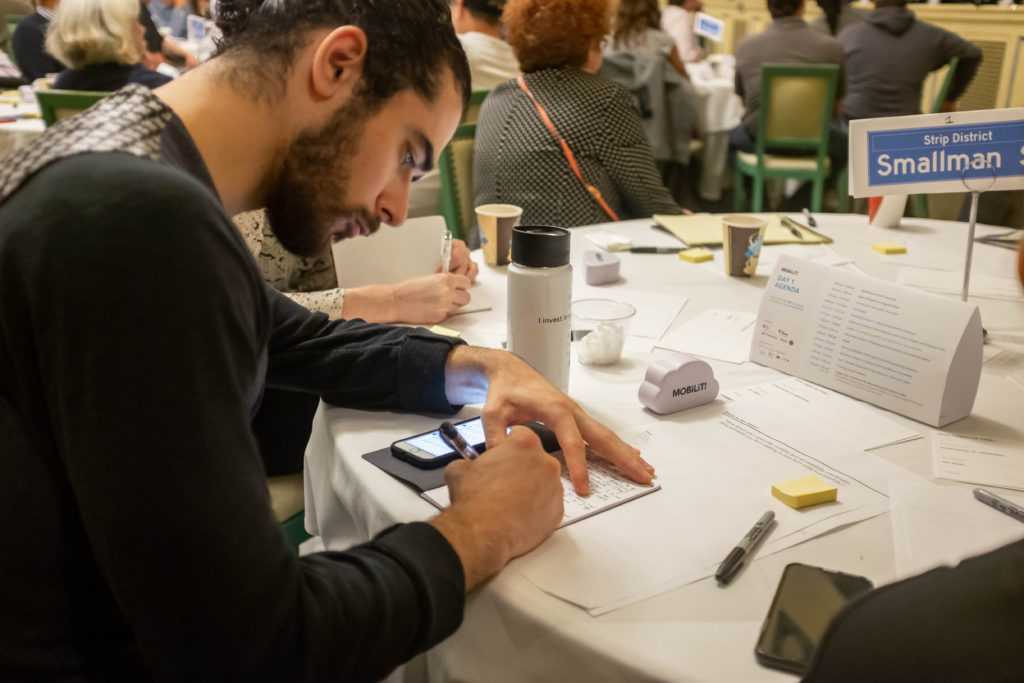In human-centered design, the principle of designing for people is fundamental. Through observing, interviewing, and journey mapping the experiences of potential users, designers can create solutions that center around a core human problem or need. However, the target users are usually not a part of the actual design process. While they provide data and testimony, they have limited influence or ownership to directly shape the outcome. A uniform experience may be a positive attribute of a tech product, but when considering experiences in a city, uniformity is unlikely and often not ideal. Designing with citizens offers a method for addressing a diversity of needs in a singular solution.
At Numina, we build a Smart Sensor that collects real-time insights from the streets. Our units are deployed on light poles to collect a continuous stream of movement data of people and vehicles that is anonymized so we can provide intelligence without surveillance. (Learn more about our privacy-forward principles here.) Citizens, cities, and tech companies alike can extract meaningful insights from our data based on their needs — whether it’s utilization of space, last-mile routing, or quality of life measures. We believe our data can power the development of new mobility solutions and support policies to address traffic, safety, and pollution. We recognize that in order to live up to this mission, we must work with the full range of stakeholders in a city.
In October, Numina had an opportunity to participate in a design workshop at Mobiliti Pittsburgh. Co-hosted by BCG Platinion, the City of Pittsburgh, the Trade Institute of Pittsburgh, and tech and academic partners, the conference brought hundreds of employers, residents, and technologists into one room to address Pittsburgh’s transportation challenges. Quickly, it became clear that we had a true diversity of perspectives in the room based on our respective industries and institutions as well as our daily flow of life, particularly around our transportation options.
The conference opened with a local resident panel where people shared stories of waking up at 3AM daily to catch the right buses to daycare and work or not being able to use any ridesharing apps without owning a debit/credit card. The panelists and their colleagues then joined the audience for discussion and a design exercise. My team had members from Trade Institute of Pittsburgh, Carnegie Mellon, BCG, and two local nonprofits. By the end of the conference, we all left with a deeper understanding of the top concerns on each of these group’s minds. In order to come up with a group solution, we balanced individual needs and navigated the complexity of designing a solution to address them all, ultimately crafting proposals that considered all stakeholders.
In everyday life, there are limited spaces and places for these kind of conversations and collaborations. If “what you measure determines what you build,” understandings from discussions like these shape exactly whose criteria we have in mind when we evaluate what it means to have safe, equitable, and efficient city streets. As technologists, we must consider the larger context and populations affected by our products, beyond our own users and customers, in order to create responsible, sustainable solutions for cities.
“As technologists, we must consider the larger context and populations affected by our products, beyond our own users and customers, in order to create responsible, sustainable solutions for cities
Earlier this Fall, Numina launched our Gen2 sensor in Downtown Brooklyn. As we deploy in cities across the country, we will keep these conversations in mind and continue to converse with the citizens in our deployment communities. Our transportation experiences frame our daily lives in such a profound way that, as we discussed at Mobiliti, mobility is less about movement, but rather, an individual’s access, opportunity, autonomy, and quality of life. To understand how to shape our cities of tomorrow, we should not only design for, but also design with citizens themselves.



